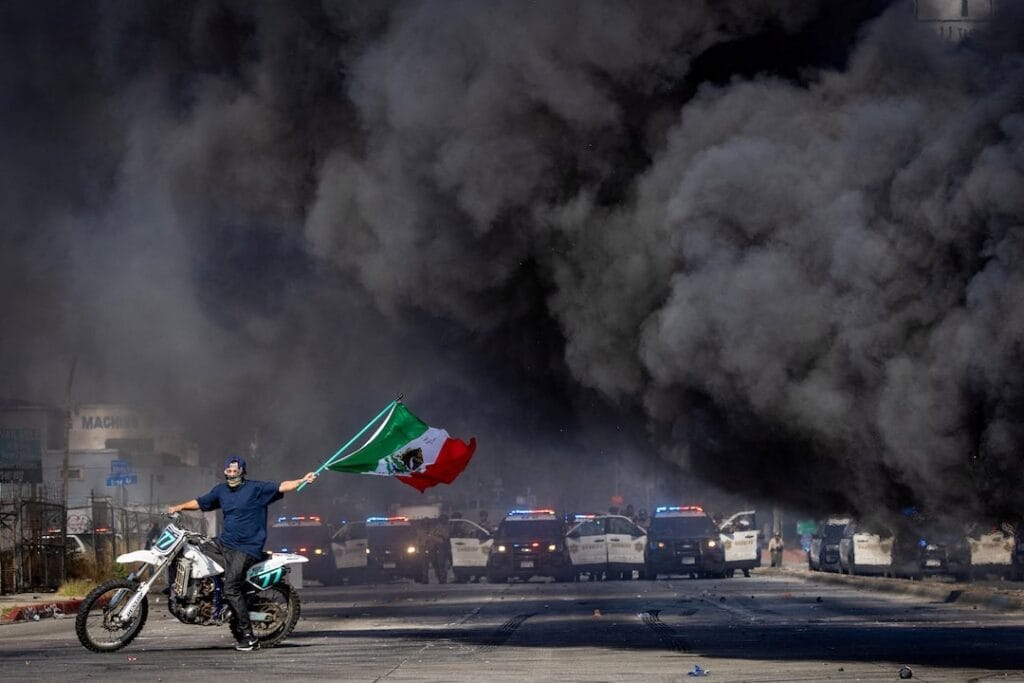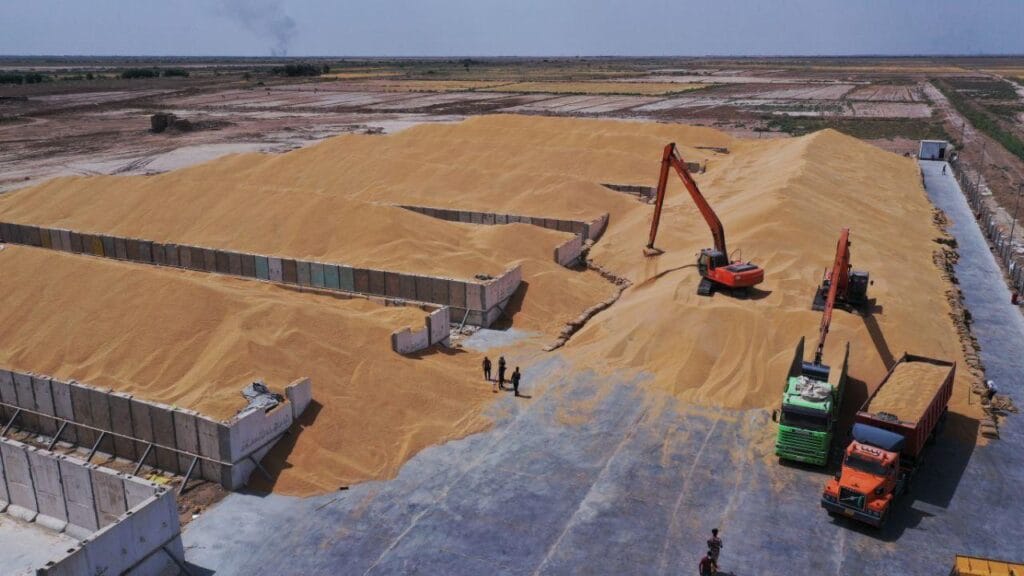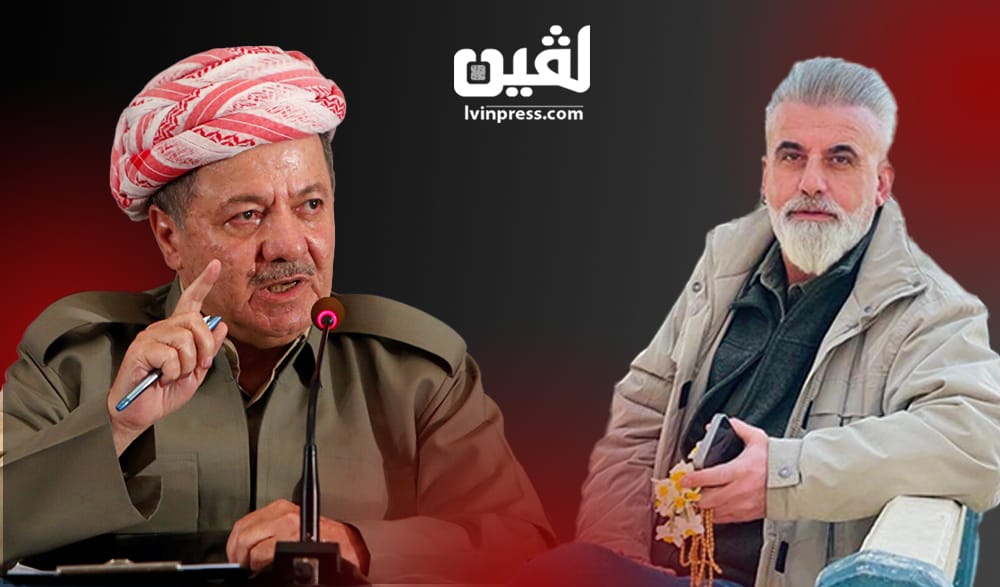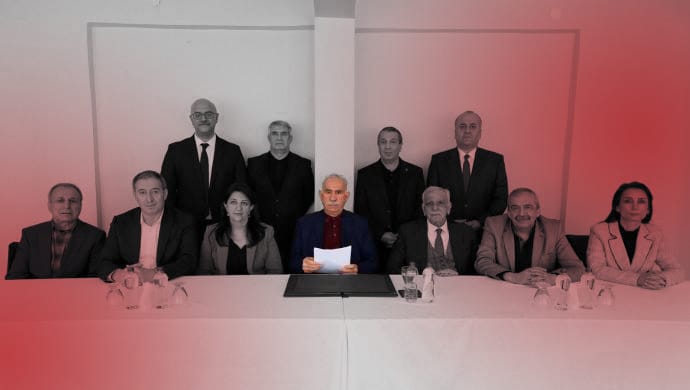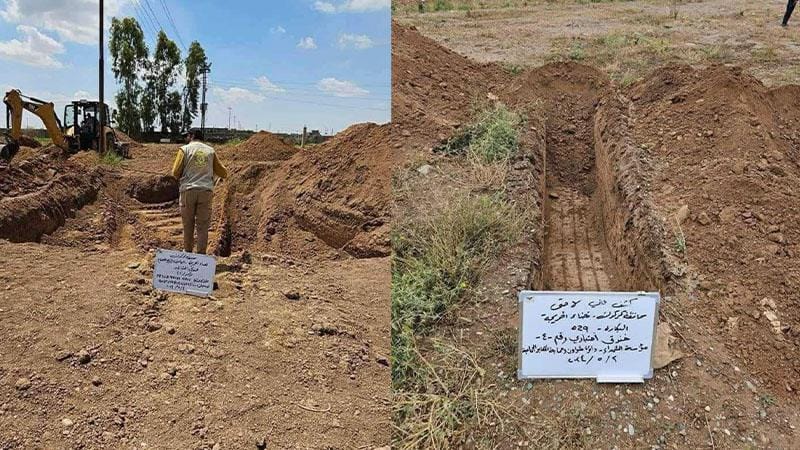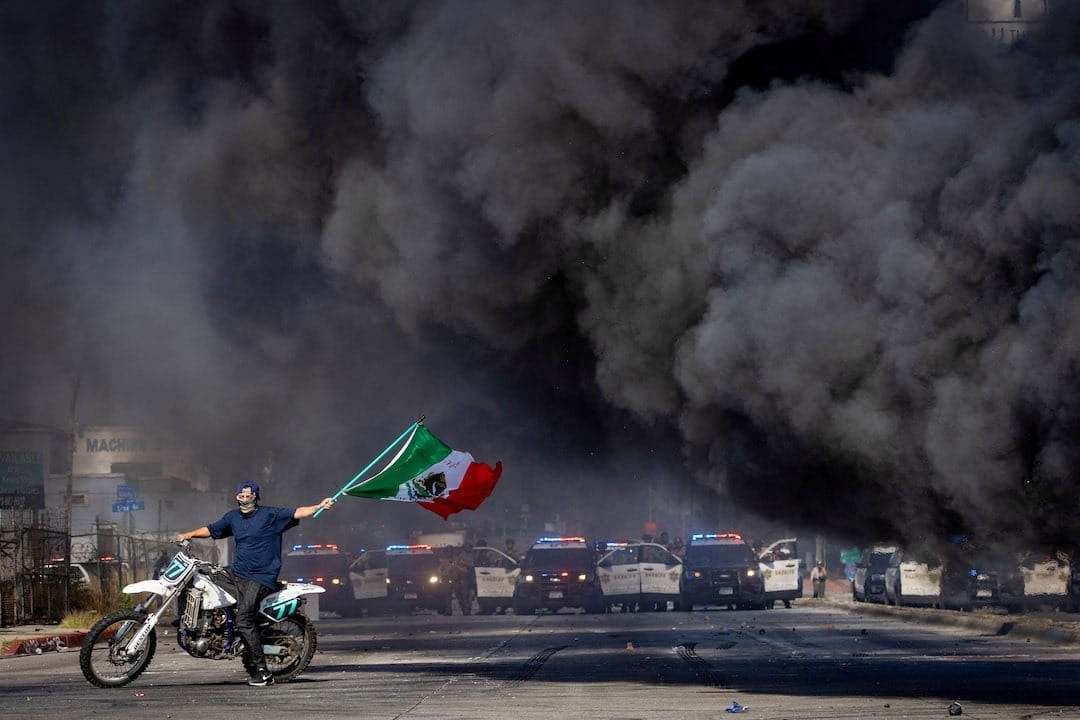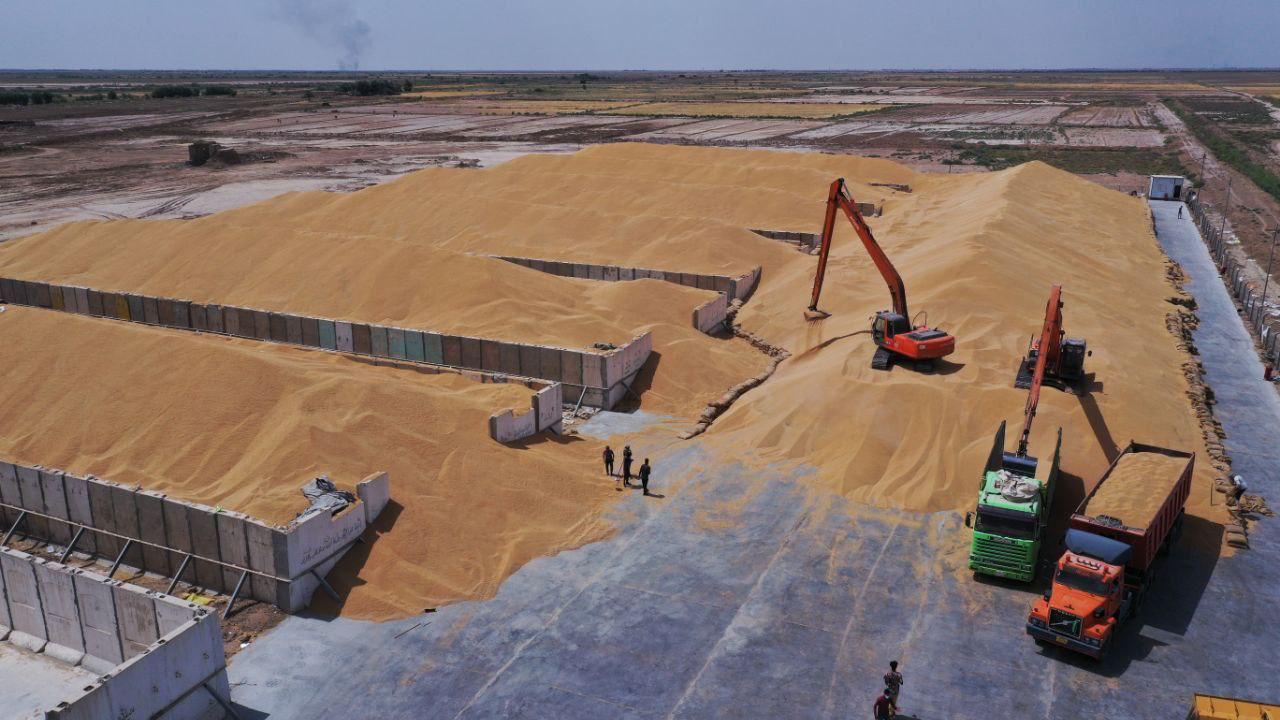Lvin :
Report/ Hoshyar Jamal
In the tumultuous year of 1996, as the Kurdistan Region grappled with the complexities of civil war and the looming threat of Saddam Hussein’s regime, a profound tragedy unfolded. Amidst the political upheaval, the life of a promising poet and storyteller, Baqi Abdulkhaliq, was cut short.
Born in 1964 in Kirkuk, Baqi Abdulkhaliq was a graduate of the Baghdad Medical Institute. His outspoken stance against the Ba’ath regime led to his expulsion for a year, a testament to his unwavering principles. Despite his medical background, his true passion lay in the realm of literature.
A prominent figure among the intellectual youth of Chamchamal, Abdulkhaliq was deeply influenced by the Ruanga literary movement. His debut work, “I am connected to this land,” published in 1990, foreshadowed his profound connection to his homeland. Tragically, this connection would ultimately lead to his demise.
Kidnapped, tortured, and subjected to arbitrary violence by the PKK, Baqi Abdulkhaliq endured unimaginable suffering. His spirit, however, remained unbroken. In a poignant act of defiance, he took his own life, leaving behind a handwritten letter that encapsulated the despair and disillusionment that had consumed him.
The circumstances surrounding his death serve as a stark reminder of the human cost of conflict. As the Kurdistan Region grappled with internal strife and external aggression, Abdulkhaliq’s tragic end became a symbol of the broader suffering endured by the Kurdish people.
Beyond his personal tragedy, Baqi Abdulkhaliq left behind a rich literary legacy. His works, including poetry, children’s poetry, stories, plays, and novels, offer a glimpse into the soul of a deeply committed artist and patriot. His novel, “Fire of Faith,” was particularly acclaimed and remains a testament to his talent.
The memory of Baqi Abdulkhaliq lives on through his writings and the enduring impact he had on those who knew him. His name is honored with a street in Chamchamal, a fitting tribute to a man who gave his life for his beliefs.






